Do you know where your data really lives?
In this InTechnology video, Tom and Camille talk with Chris Royles, Field CTO–EMEA at Cloudera. They get into how and why companies are repatriating data from the cloud back into private data centers, along with concerns about data security as a result of these moves.
Repatriating Data to Improve Workflows
It seemed like almost every company was taking advantage of cloud computing and cloud storage over the past few years. But now, the pendulum is swinging back toward onsite data centers as businesses realize not all workloads run best in the cloud. The important thing is having the maturity to know which workloads are better for operating in the cloud, in onsite data centers, or with a mix of both.
Chris gives the example of retail or customer service websites needing more cloud computing because of variable workloads from large customer bases. On the flip side, he shares how predictable workloads such as regulatory reporting can run on onsite data centers just fine without being bogged down by the cloud. For an example of using both cloud and onsite data centers, he highlights some AI workloads through federated and machine learning that are shared among multiple entities. Each group might want to share some data through the cloud but still keep some data private in their own data center.
When Data Security Gets Personal
Our personal data is stored in many apps and websites, but it’s hard to know how secure your data is or where it’s even being stored at any given time. Policies and regulations like GDPR and DORA in Europe are leading the way along with others around the world to set standards for data sharing and storage in the cloud. Social media apps like TikTok are bringing widespread public attention because of their data-sharing practices. The best way for companies to avoid consumer mistrust is to give full transparency in their data processes. People should also be educated as early as possible about data security and privacy best practices.
Dr. Christopher Royles, Field CTO–EMEA, Cloudera

Chris Royles has established himself as a thought leader in technical strategy with his successful career in data and analytics, complex systems, and organization and skills development. He joined Cloudera in 2015, first as a Systems Engineer and later becoming a Principal Solutions Engineer before entering into his final role as CTO in 2021. Chris has earned a Ph.D. in Artificial Intelligence from the University of Liverpool.
Check it out. For more information, previous podcasts, and full versions, visit our homepage.
To read more about cybersecurity topics, visit our blog.
#repatriatingdata #datasecurity #cloudcomputing
The views and opinions expressed are those of the guests and author and do not necessarily reflect the official policy or position of Intel Corporation.
—–
If you are interested in emerging threats, new technologies, or best tips and practices in cybersecurity, please follow the InTechnology podcast on your favorite podcast platforms: Apple Podcast and Spotify.
Follow our hosts Tom Garrison @tommgarrison and Camille @morhardt.
Learn more about Intel Cybersecurity and Intel Compute Life Cycle (CLA).
